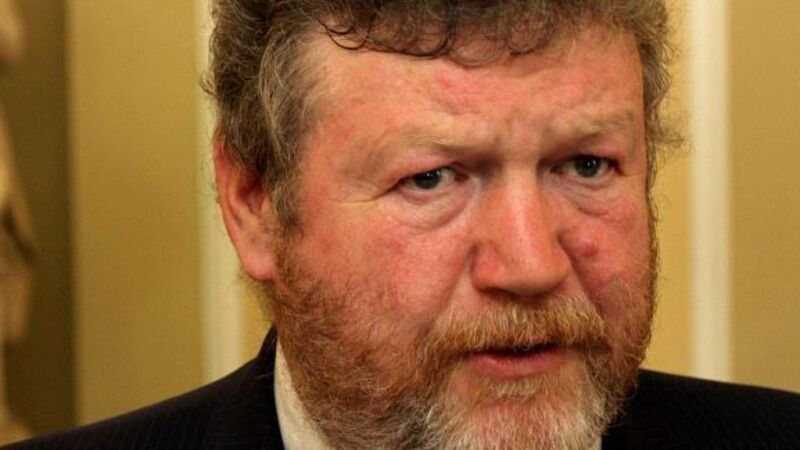Non-terminal cancer patients may lose medical cards

Health Minister James Reilly confirmed the situation yesterday during a detailed update on the service.
Speaking at the latest Oireachtas health committee meeting, the minister said more than 59,000 discretionary medical cards are provided to people every year.













